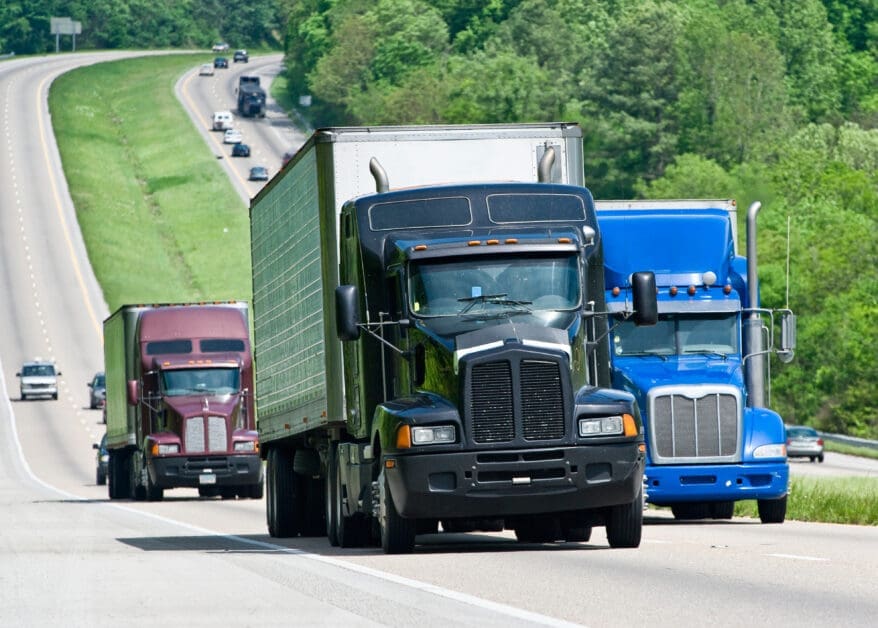How to Gather Evidence for Your Truck Accident Case
Long Island’s highways are heavily trafficked by both commuters and commercial trucks. With this high volume of large vehicles comes an increased risk of serious collisions involving tractor-trailers and delivery trucks. When accidents happen, the aftermath can be overwhelming, especially for victims unsure of what steps to take. In these cases, gathering solid evidence is essential.
The strength of a truck accident claim often hinges on the quality and thoroughness of the evidence presented. From documenting the crash scene to securing inspection reports and medical records, every detail matters. Timely action and organized documentation can help establish liability and strengthen a case for compensation. For those feeling unsure about where to begin, a truck accident lawyer from Long Island can offer the legal insight and direction needed to collect, preserve, and present evidence effectively in a truck accident case.
Document the Scene
You should take pictures of the scene as soon as possible after the accident. The photographs serve as physical evidence of the circumstances and damage. Take photos of the vehicles, skid marks, property damage, and visible injuries. These aspects can be used to accurately reconstitute the events of the incident.
Gather Witness Information
Witness statements are essential for establishing the details and timeline of the accident. Get contact information from anyone who witnessed the incident; they can offer an unbiased account of the incident and substantiate your claims. Write down the names, phone numbers, and addresses of everyone you speak to.
Seek Medical Attention
It is important to seek medical help even if the injuries might appear to be minor. A doctor can identify and assess hidden injuries. Medical records serve as proof of damages sustained in the accident. They also directly connect the injuries to the incident, which can be very important in truck accident claims.
Obtain Police Reports
A police report is an official record of the accident. You can get this report from local law enforcement agencies. It usually includes information like weather, possible offenses, and comments from all parties involved. It is largely neutral in tone and can be used as evidence during negotiations or in court.
Collect Driver Information
Exchange details with the truck driver and others involved. Note down names, phone numbers, insurance, and driver’s license numbers. Even better, you should find out the name of the trucking company that they work for. This information is crucial for insurance claims and subsequent legal action.
Secure Vehicle Inspection Reports
Trucks often undergo regular inspections. Ask for any available inspection reports of the vehicles involved in the accident. These documents can help you prove negligence by disclosing possible mechanical defects or instances of inadequate maintenance that may have contributed to the accident.
Review Surveillance Footage
The accident might have been caught on camera at nearby businesses or traffic cameras. Contact these sources to obtain this footage. In some cases, video evidence can be very useful in providing an impartial perspective of the accident and substantiating your claims.
Preserve Communication Records
Document all communications relating to the accident. This can include communications with insurers, attorneys, medical professionals, law enforcement, or other parties. Having these records will also prevent anything from being omitted or misconstrued.
Consult with Experts
Hiring experts can add perspective to your case. Accident reconstruction experts can use evidence to map out how the accident happened. Medical professionals can explain the extent and severity of injuries. Input from experts can add weight and authority to your case.
Maintain Detailed Records
You need to organize all evidence related to the case. Compile a single file with all documentation, reports, and correspondence. This detailed record will help you prepare for negotiations or court proceedings and make it easier to find documents when you need them.
Conclusion
Building a solid truck accident case requires thoroughness and timeliness. By documenting the scene, collecting witness statements and police reports, and consulting legal professionals, you can build a strong case. The process will be time-consuming, but a detailed plan can help you achieve a positive result. Keep in mind that a truck accident lawyer can protect your rights and ensure that no detail is overlooked.















